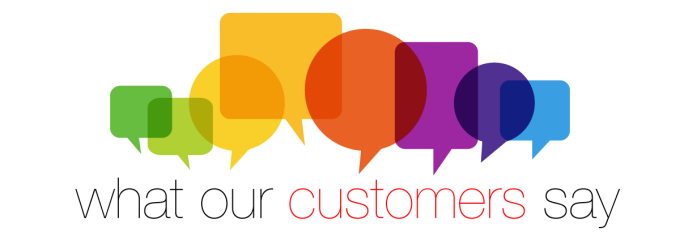Rejection can be defined as the act of pushing someone or something away. One may experience rejection from one’s family of origin, a friend, a romantic partner, or oneself, and the resulting emotions can be painful. Rejection is a part of everyday life that can be experienced on a small or large scale, leading to complex emotional challenges. Early childhood trauma adds to the feeling of abandonment and the fear of rejection.
In romantic relationships, being rejected can bring up primal emotions, as in being ostracized from the tribe, which in turn activates the survival mode. The wound from rejection can last for years, with feelings of grief and anger that can easily overwhelm. It’s a very popular concept for past lovers to try out the ‘friend zone’. This can be harmful, because it leads to unprocessed emotions around closure of the relationships and to lingering feelings of self-doubt. Even as friends, the desire for affection can deepen the wound as you maneuver the emotions and pain triggered from early childhood issues of abuse and abandonment. Being friends with a former lover can perpetuate the painful emotions that love isn’t in the cards.
Rejection cuts energy flow, and pain turns the energy inward toward the site of past emotional pain, reversing the polarity in the system. This reduced energy cannot flow against the current of induced energy, preventing further input in the blocked areas. The electrical system reverses and compresses the energy in the nervous system, blocking the discharge of unresolved emotions. Let’s open the flow of energy to a whisper on the subject of rejection:
The feelings of rejection have been used as a tool for evolution, alerting humans to the need for change or modification of behavior. When the pain of reaction brought forward the tribe’s consciousness of change, a tribe member experienced a greater likelihood of survival. Without the pain of rejection, humans were less likely to survive. The emotional pain of rejection and the need for change were linked together through an evolving process.
Today tribes are fragmented, and tribal behavior no longer applies to most. Avoiding the pain of rejection gives way to isolation and holding back from making a deep connection. Fear of rejection or sensitivity to rejection often leads to loneliness and depression. Common signs of issues from the past surfacing after any form of rejection include self-criticism, social anxiety, and extreme sadness.
The pain of rejection is one of your greatest tools for evolution. If you feel rejected, your primary awareness should be refraining from abandoning yourself. Instead, question yourself: Are there conditions I need to change? Is there a behavior I can modify? Am I in an unhealthy relationship? What do I need to let go of? Am I being honest with myself? Questions that raise self-awareness can be answered by the evolved self. Such inquiry illuminates unhealthy behaviors, unsustainable thoughts, unrealistic beliefs, and unreachable standards.
Bring the stress and pain down to heart level where peace prevails and the true self emerges with confidence and devotion to the awakening spirit. When rejection sounds the alarm, answer the call to release the pain of the past in order to live the life that matches your evolved self.
Bring joy, ease suffering and create beauty, then dance like you mean it!
Blessings, Russell
“When you give yourself permission to communicate what matters to you in every situation you will have peace despite rejection or disapproval. Putting a voice to your soul helps you to let go of the negative energy of fear and regret.”
Shannon L. Alder

